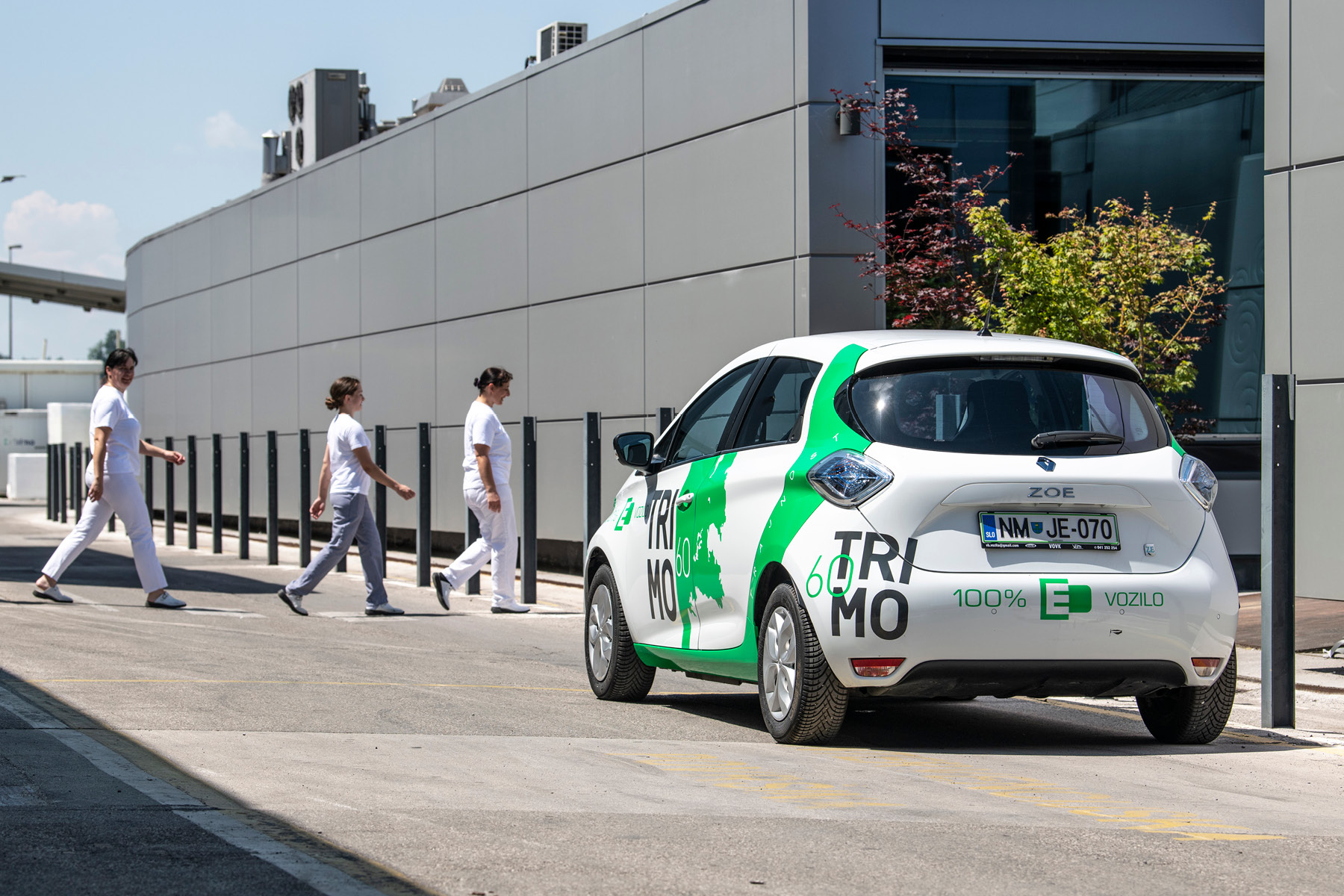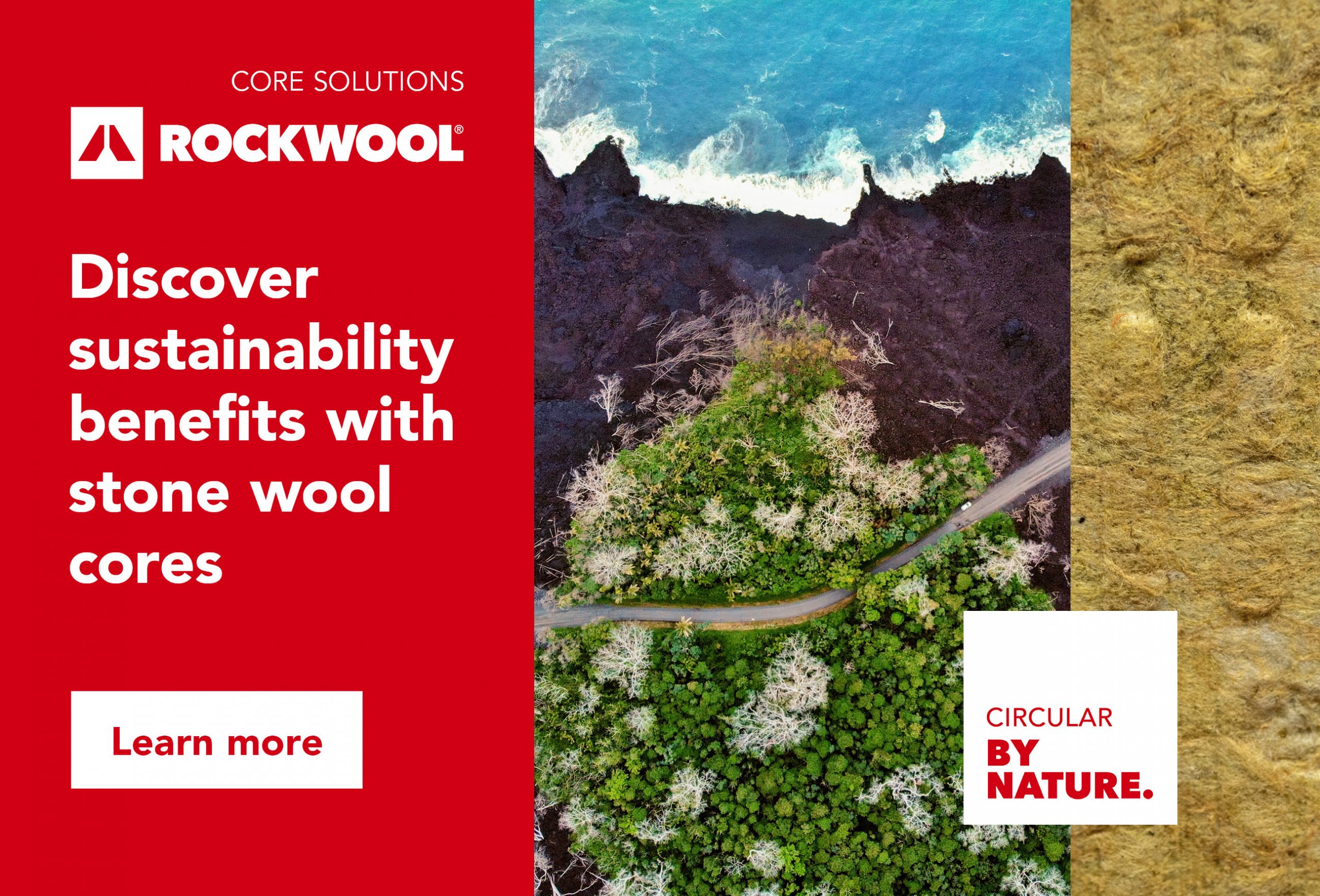Taking on the ultimate challenge: Božo Černila
Leaving the safety of the corporate world for a new experience in a private equity-backed business has been a test for Trimo CEO Božo Černila, but he remains focused on sustainable growth.
Having spent the majority of his career enjoying the structure and security of a corporate environment, taking on the role of CEO for Slovenian wall and roof system company Trimo in 2018, following its then-partnership with Innova Capital, has been a challenge for Božo Černila.
"When you’re working in a corporate environment, it’s pretty safe," Černila tells The CEO Magazine.
"You have a lot of infrastructure, and although I did have a good track record of positive results, you are never totally sure how much is down to you, and how much is due to the corporate environment, which is very generous. You have people to debate with. You have resources to use. It is safe."
The challenge for the next phase of Černila’s career has been to see how he succeeds without the corporate safety net in a situation where he’s required to use more of his own devices.
Future Opportunity
Now he and Trimo have come out the other side of the COVID-19 pandemic, which caused supply to dwindle and demand to soar, Černila’s focus is now firmly on three key areas: entering new markets, finessing its premium product range and hiring top sales talent.
"The top of my mind is entering new market segments where we are not yet present. There is a full scope of business which has opened up today with electric mobility. We’re talking about battery manufacturing facilities, electric car manufacturing facilities and all the infrastructure which is needed for electric mobility," Černila reveals.
"This environment is fully new, and we are now intensively working on a value proposition for segments of this electric mobile market. And those segments need to understand the value which we are bringing," he says.

"The top of my mind is entering new market segments where we are not yet present."
It’s a big challenge, but Černila knows the Trimo point of difference is its ability to understand market requirements. "We properly understand our client needs and then we adopt the value proposition for them, from the service point of view and product point of view."
Černila also feels in a strong position to expand due to the big, global businesses Trimo’s suppliers happen to be – from steel giant Tata to insulation provider Rockwool – which he feels will help open doors for further growth in Western Europe. With a portfolio of completed projects including the new Compton and Edrich Stands at Lord’s Cricket Ground in London, Trimo is already in good stead.
The Heart and the Brain
As Trimo strives to meet its goal of becoming carbon neutral in Scope 1 and 2 emissions by 2026, developing products with improved workability and affordability will be key. Černila explains that Trimo is also working with suppliers to reduce Scope 3 emissions.
But he wants this movement toward sustainability to translate into an improved environment for staff, too.
"Sustainability is not only about CO2 consumption. It’s also about how we are taking care of our resources. It’s about how people feel," he says.
"I can be carbon-free, but it won’t matter if I’m not creating a good atmosphere for employees. We are here to grow in a sustainable way, and we are here to grow in a way that our employees are proud of and enjoy working with this company."
An example of that is extending the company’s staff catering facility to include both breakfast and lunch, ensuring that even entry-level staff are paid above minimum wage to provide a higher standard of living, and that feedback – especially from frontline staff – can be considered and addressed.
"We are here to grow in a sustainable way, and we are here to grow in a way that our employees are proud of and enjoy working with this company."
Černila is also keen to create a culture where older and younger generations of employees can build empathetic, respectful relationships. His own children have been a source of inspiration.
"I can learn from them, to better understand the young generation who are the future," he says.
"I don’t always agree with the way they would like to do things. My logic is different, but our values are the same. I also need to understand when I have to change. The target is always clear. But the roads to this target can be different."
That’s why he’s adopted a mindset of hiring for both ‘the heart and brain’.
"My understanding of people’s value is not in their age or gender. It’s just in their power, energy willingness and positive understanding," he says.
"There have been so many times in my life where I have been positively surprised by people having really excellent attitudes and ways of working, where I didn’t expect that."
